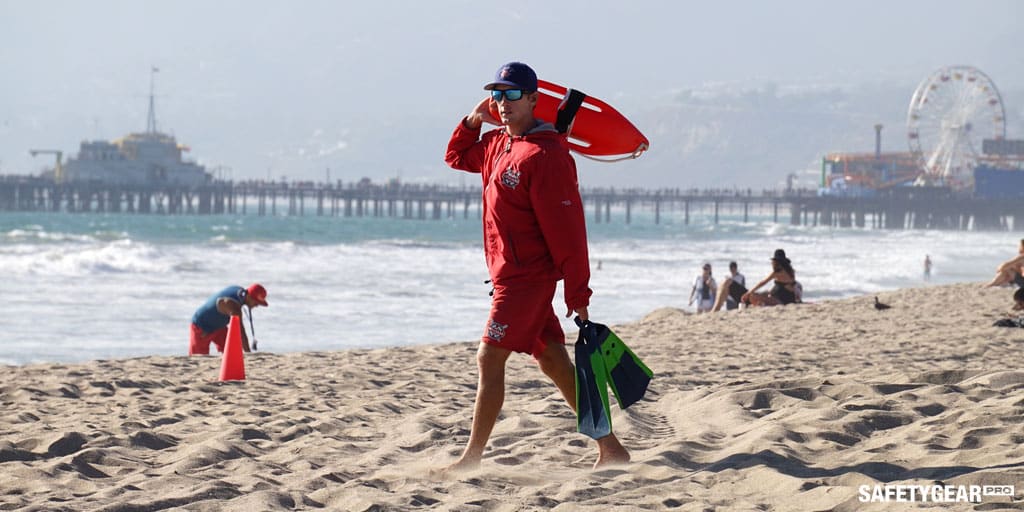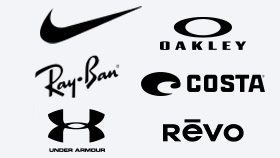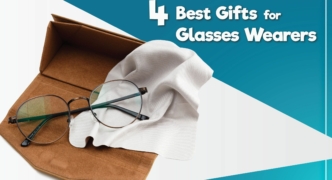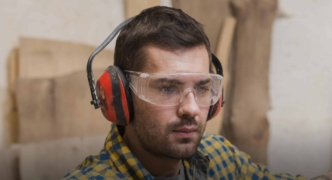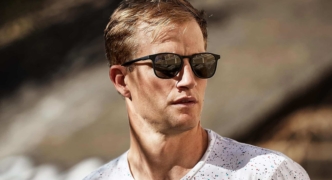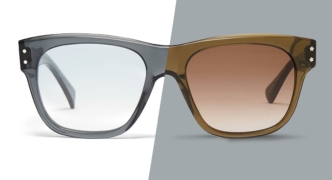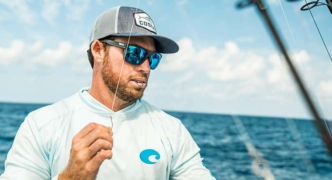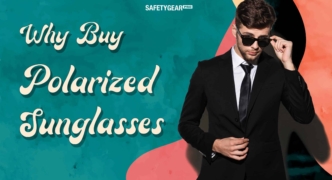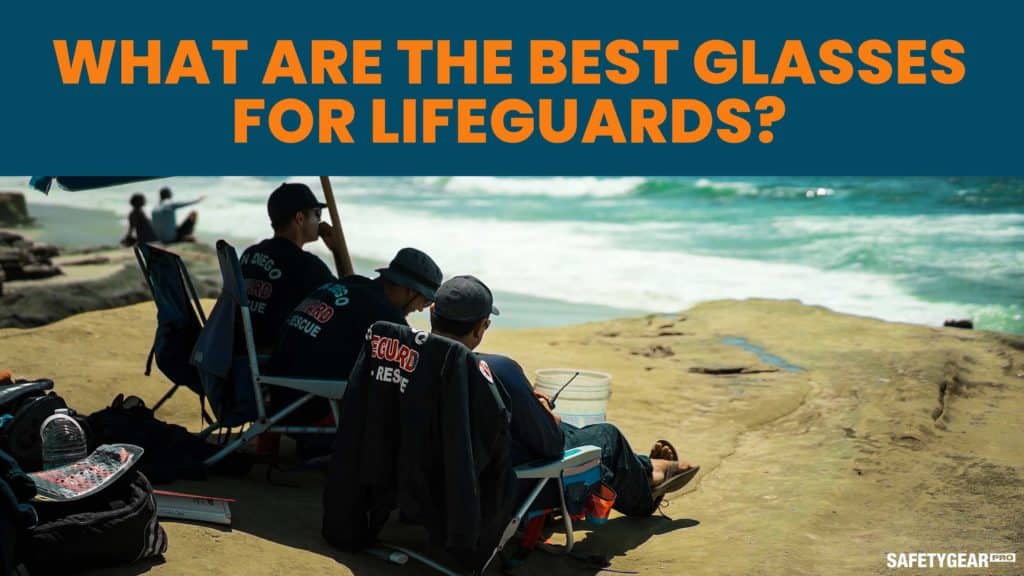
Many people are aware of the harmful effects of the sun’s rays on the skin, but not everyone knows that their eyes are also sensitive to ultraviolet rays. UVB rays are the most damaging to human eyes and overexposure can result in many problems such as:
- Photokeratitis
- Cataracts
- Pterygium
- Macular degeneration
- Pingueculae
- Conjunctival squamous cell carcinoma
For lifeguards who work outside such as at an outdoor pool, waterpark or near a lake or ocean, choosing the right pair of sunglasses is essential. For people with poor vision, sport prescription glasses can help correct their vision while providing comfort when active.
What Features To Look for in Lifeguard Glasses
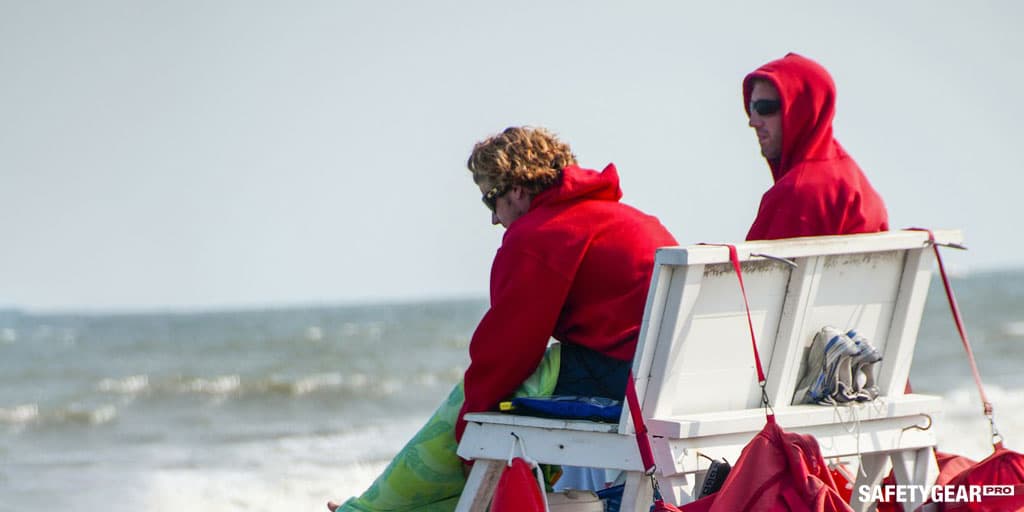
When shopping for prescription sports sunglasses, there are certain features you want to look for to ensure the best sun protection and performance in bright light conditions. For one, you need to look for glasses that block 100 percent of UV rays. Additionally, search for large lenses or close-fitting frames that wrap around the head.
Polarized glasses are a must when working near the water. When light hits the surface of the water it scatters causing glare. This glare can make lifeguards very uncomfortable and make it difficult for them to maintain full visibility of the water, which can make it hard to see any potential hazards in the water or notice when someone is in trouble. Polarized lenses help reduce glare by blocking out all horizontal light waves.
You will also want to choose glasses that are designed to stay secure on your face despite perspiration and excess moisture in the air. Anti-fog lenses are helpful in hot, humid environments. If you frequently need to enter the water, a retainer strap or prescription sports goggles will help you transition from water to land without a hitch.
The Best Sunglasses for Lifeguard FAQs
What are prescription sunglasses?
Prescription sunglasses are any type of glasses that both correct the wearer’s vision and protect their eyes from the sun. Regular sports prescription glasses have clear lenses that do not block UV rays. While some people may wear their contact lenses with normal sunglasses, prescription sunglasses are ideal for lifeguards who normally wear corrective lenses.
How do you know what size sunglasses to get?
If you already wear prescription eyewear, you can look for sunglasses in a similar size. You need to find frames that can accommodate both your prescription and your face size. You can figure out the size of your face by measuring your eye, bridge, and temple size.
Can I turn my sunglasses into prescription?
Depending on the type of sunglasses, they can often be turned into prescription glasses by switching the lens. The glasses will need to have very strong frames and the lenses should easily pop in and out of place. You will need to work with an optician or glasses company that is experienced in switching lenses.
Lifeguards require quality sunglasses to help them perform their best while on the job. Keep your eyes safe while you protect everyone in the water with sports prescription glasses designed to reduce glare and block out harmful rays from the sun.
